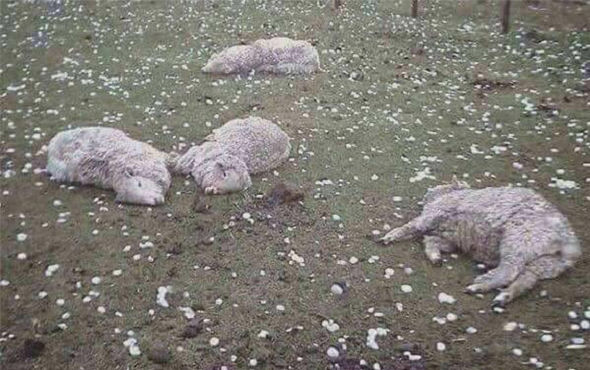Parshas Pekudei
Why be Jealous?

“…and [you, Moshe] anoint them [Aharon’s sons] as you have anointed their father, that they may serve Me as priests.” (Shmos 40:15)
“Someone opened a store right next door to mine. He will take all my business away!” complained a storekeeper to Rabbi Meir of Premishlan. The sage replied, “Have you ever seen a horse drink water from a river? He walks into the water and stamps his hooves. Do you know why? He looks down at the water and sees his reflection. He thinks that another horse is also drinking. Envious and afraid that the “other” horse will drink up all the water, he kicks his mirror image. That is the attitude of the horse, continued Rabbi Meir. However, you know better. You realize that there is enough water in the river for all the horses, and that no one can touch what Hashem has prepared for his friend. Place your trust in Hashem and you will nothing to fear and nothing to be jealous of”. (from Ethics of the Fathers by Rabbi Moshe Lieber)
The Midrash says, when Moshe spoke to Hashem at the burning bush, he requested from Hashem that his sons take over the reins of leadership from him after his passing. Hashem told him that they won’t.
In this Parsha, The Tabernacle was set up. The Tabernacle was anointed and hallowed with a special oil. Hashem asked Moshe to inaugurate Aharon and his sons into the Priesthood by dressing them in the clothes of the kohanim and anointing them with the same special oil. Hashem told Moshe to anoint Aharon’s sons “the same way he annointed Aharon”. Why did Hashem have to emphasize to Moshe to anoint Aharon’s sons “the same way he annointed Aharon”? The Meshach Chachma (Rabbi Meir Simha HaKohen Dvinsk) says that Moshe was happy to anoint his older brother and inaugurate him into the priesthood. He highly respected Aharon and even would have preferred if Hashem would have appointed Aharon instead of him to take the Jewish people out of Egypt. However, Hashem knew that even a tzaddik like Moshe could possibly feel stirrings of jealousy in his heart. Moshe would be anointing Aharon’s sons, continuing Aharon’s legacy while Moshe’s own sons would not follow in his footsteps of leadership. Therefore, Hashem gave Moshe the added encouragement to annoint Aharon’s sons with the same great joy and overflowing love with which he had anointed Aharon.
Jealousy is a feeling that could have challenged even Moshe Rabbeinu.
Jealousy is often an automatic response to what you feel is unfair. Perhaps you and a friend both interviewed for a job. Yet, he was hired, and you were not. Perhaps a friend is wealthy, and you are struggling. Perhaps his children seem to have it all, whereas yours have challenges. Perhaps his children are all married whereas yours are still single.
You feel consumed by feelings of jealousy. It affects your happiness and even your relationship with your friend. What do you gain through these feelings? Nothing! Nothing is changed except that your stress level is higher, and your level of happiness is lower. Rabbi Elazar HaKappar says in Ethics of the Fathers that jealousy is emotionally debilitating. King Solomon said that jealousy penetrates in and corrodes the inner being of a person.
The way to combat jealousy is as Rabbi Meir of Premishlan quoted from our rabbis. Hashem knows what is best for each one of us. Hashem gives each of us what we truly need in life. It is impossible for us to take anything that is not coming to us. We can’t even get one penny that is not coming to us. We are unable to take anything away from someone else. So, we have absolutely nothing to gain by being jealous.
Jealousy harms our health. Hashem gives us everything that we need to fulfill our purpose in life. We can’t get even one extra penny for ourselves if it was supposed to go to someone else. With this understanding, why be jealous?
No jealousy here– MI K’AMCHA YISROEL: After a fire on January 12, 2019, destroyed Yossi Heiman’s Fish Market, his competitor, Shea Langsam, offered space in his nearby fish store for Yossi to run his business.



















